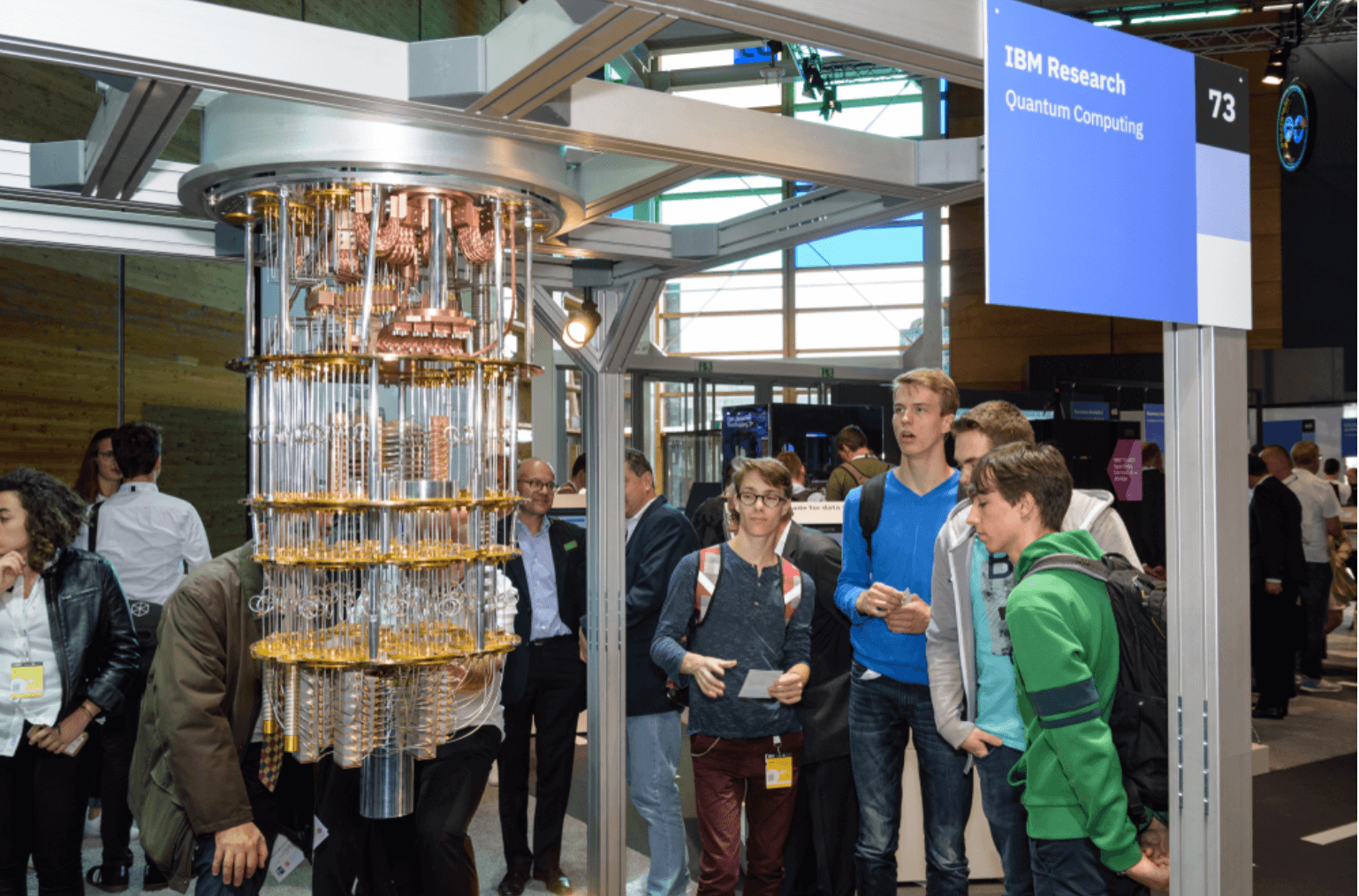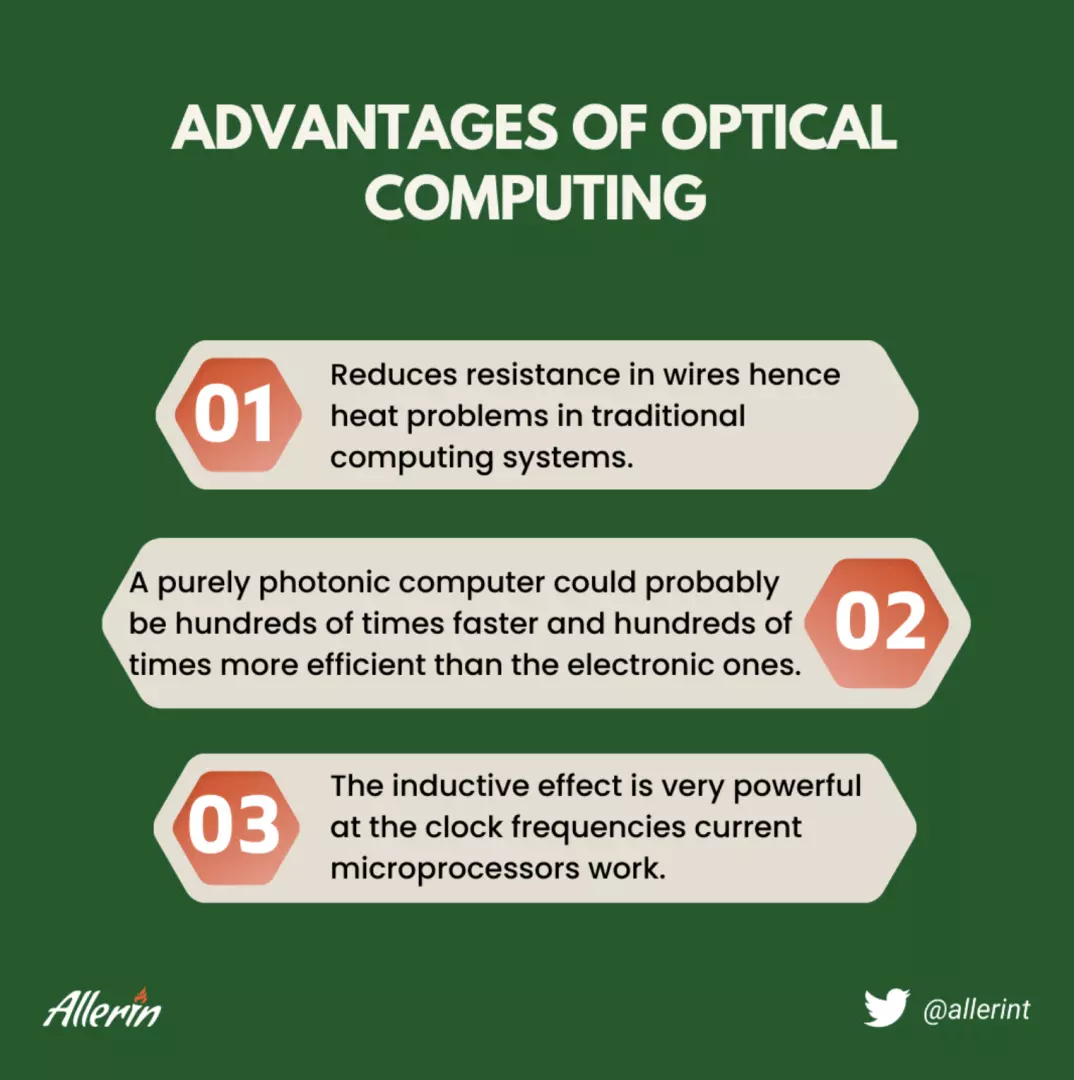Comments
- No comments found

Optical computing is the future of quantum computing; it works in parallel rather than in series.
Most classic computers operate in series, making them complex problems using light reflection and bandwidth compared to electronic systems.
The calculation speed depends on how quickly the information can be transmitted and how fast this information can be processed and calculated. Optical computing is paving its way into the technological world and it is the future of quantum computing. In optical computing, photons use wave propagation and the wave interference pattern to determine outputs. This allows instant calculation without delay. The data is processed as it is passed on. There is no need to stop movement and information flow for processing, thus transforming the computer industry.
Optical computing, also known as optoelectronic computing and photonic computing, is a computing paradigm that uses photons produced by lasers/diodes for digital computing. Photons have been shown to offer us a higher bandwidth than the electrons we use in traditional computing systems. Optical computers would give us more power and be faster than electronic ones. Lesser data is exposed here as optical computing processes data while in motion. This leads to greater security than conventional systems.
Optical computing refers to algorithmic calculations, operations, storage, and data transmission using light. Optical computers, in which packets of light quanta can replace processing electrical energy, are a very attractive future technology. Modern computer wiring can be easily simplified. In addition to this, optical computers can run at high speeds since there are no issues like cable inductance. Optical computing is paving the way for the latest technological approach to developing new computers, processors and other components.
There are some issues in the traditional computing systems that light can solve:

The resistance of the wires causes heat to be generated. This heat is so great that it would evaporate in milliseconds without a heat sensor in a microprocessor to turn it off if it overheats and a fan to cool it down. This limits the speed at which a processor can clock. But light can avoid such problems.
Every wire or transistor has a specific inductance and capacitance that introduces a propagation delay. As billions of transistors are stacked, the delays accumulate and pose extreme challenges for chip designers. The inductive effect is very powerful at the clock frequencies current microprocessors work. It's not easy to increase the clock speed that much further.
Electricity is energy inefficient; it dissipates into heat and electromagnetic radiation. An optical signal can be sent to a distant place without a repeater. An equivalent electric cable would be much larger and heavier and require more power. A purely photonic computer could probably be faster and more efficient than the electronic one.
The field of photonics and optical computing has developed rapidly in the 21st century, yet very few applications are currently established. The future of quantum computing lies in optical computing, as it can run efficiently with a faster speed than traditional computing systems.
Naveen is the Founder and CEO of Allerin, a software solutions provider that delivers innovative and agile solutions that enable to automate, inspire and impress. He is a seasoned professional with more than 20 years of experience, with extensive experience in customizing open source products for cost optimizations of large scale IT deployment. He is currently working on Internet of Things solutions with Big Data Analytics. Naveen completed his programming qualifications in various Indian institutes.
Leave your comments
Post comment as a guest